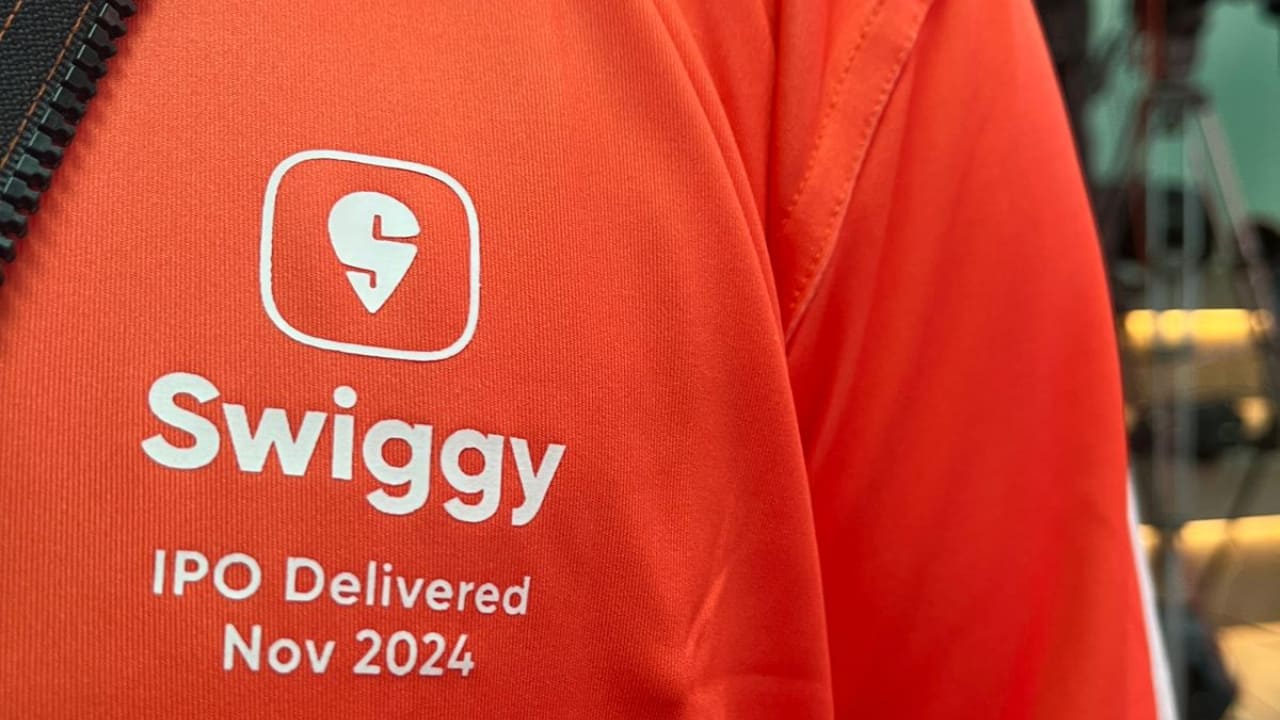 |
|
Swiggy, India's second-largest food delivery platform, recently reported its Q3 financial results, revealing a complex picture of growth and challenges within a highly competitive market. While the company saw a significant 31% year-over-year increase in revenue, reaching ₹3,993 crore, its net losses also widened substantially, climbing to ₹799 crore compared to ₹574 crore in the same period last year. This widening loss, despite revenue growth, highlights the considerable investments Swiggy is making to maintain its competitive edge and expand its market share, particularly in the burgeoning quick commerce sector.
A key factor contributing to the increased losses is Swiggy's aggressive expansion into quick commerce, specifically through the development and scaling of its dark store network. Dark stores, which are essentially warehouses optimized for rapid delivery, are a crucial component of the quick commerce model, enabling faster delivery times and increased customer satisfaction. However, the significant capital expenditure associated with establishing and maintaining these dark stores places a strain on profitability in the short term. This mirrors the experience of its competitor Zomato, which also reported a significant drop in net profit despite aggressive expansion efforts.
Despite the intense competition and the resulting financial pressures, Swiggy remains optimistic about the future. The company's leadership attributes the slowdown in food delivery demand during Q3 partly to seasonal factors, citing that the quarter is historically weaker. However, even with this seasonal dip, Swiggy still witnessed a year-over-year growth of over 19% in the food delivery category, comfortably within their projected growth range of 18-22%. This indicates a robust underlying demand for food delivery services, suggesting that the market remains largely healthy despite the competitive intensity.
A crucial element of Swiggy's growth strategy is its innovative Bolt delivery service. Launched only three to four months prior to the Q3 reporting period, Bolt has already scaled to 425 cities across the country. This rapid expansion underscores Swiggy's commitment to technological innovation and its capacity to rapidly deploy new services to meet evolving consumer demands. The success of Bolt, offering food delivery within 10 minutes, highlights the importance of speed and convenience in the competitive food delivery landscape, indicating a significant competitive advantage for Swiggy.
Looking ahead, Swiggy anticipates that the current level of competition will persist in the near future. This contrasts with some market concerns about an impending escalation of competitive pressures. However, Swiggy's management believes that the vast size and growth potential of the quick commerce sector provide ample room for multiple players to coexist and expand their operations. This optimistic outlook stems from the belief that the market is not yet saturated and that there is still considerable untapped potential for growth within the food delivery and quick commerce sectors.
Furthermore, Swiggy anticipates positive macroeconomic factors to contribute to future growth. Recent tax cuts announced in the union budget are expected to boost disposable incomes for a significant portion of Swiggy's customer base, potentially leading to increased spending on food delivery services. While acknowledging the inherent seasonality in the food delivery market, Swiggy expects any quarter-on-quarter variations to be relatively minor, suggesting a stable and predictable trajectory for the business in the short to medium term.
In conclusion, Swiggy's Q3 results present a mixed bag. While the company demonstrated substantial revenue growth, driven by its innovative services and expansion into quick commerce, it also incurred widening losses due to significant investments. However, the company remains optimistic about its future prospects, citing stable competition, robust market growth potential, and positive macroeconomic factors. The long-term success of Swiggy will likely depend on its ability to continue innovating, efficiently manage its expenses, and successfully navigate the competitive landscape of the food delivery and quick commerce sectors.
Source: Swiggy expects competition to remain stable for the near future
